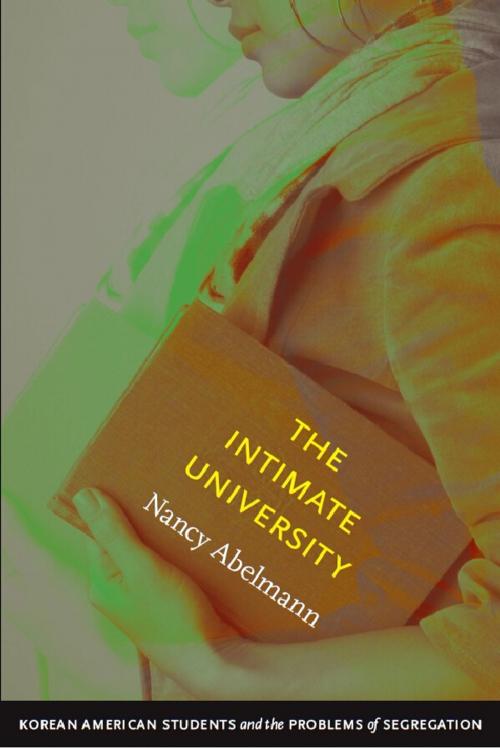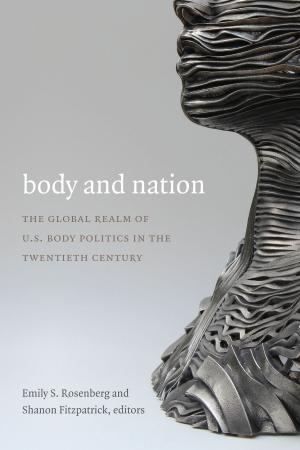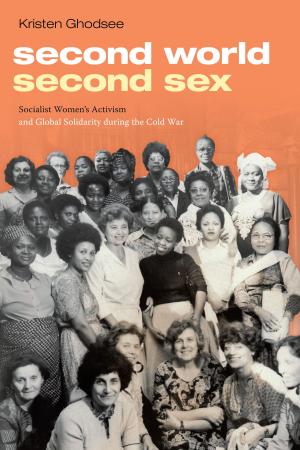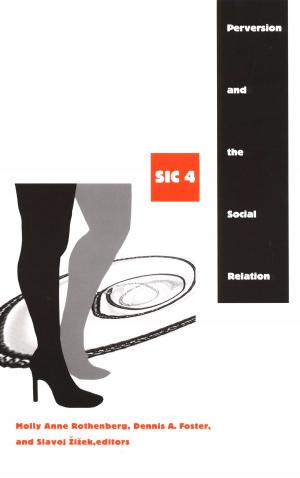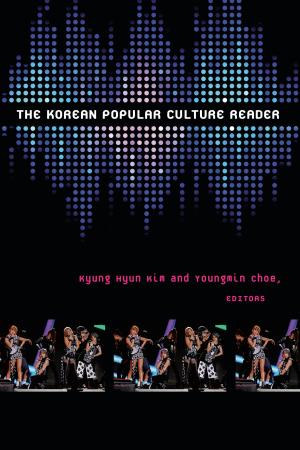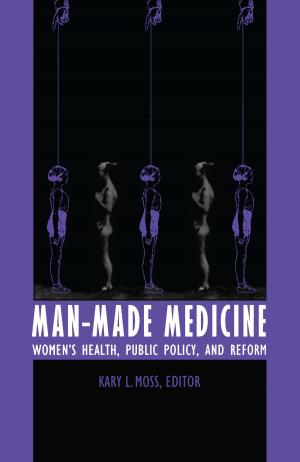The Intimate University
Korean American Students and the Problems of Segregation
Nonfiction, Reference & Language, Education & Teaching, Higher Education, Social & Cultural Studies, Social Science, Cultural Studies, African-American Studies, Anthropology| Author: | Nancy Abelmann | ISBN: | 9780822391586 |
| Publisher: | Duke University Press | Publication: | October 30, 2009 |
| Imprint: | Duke University Press Books | Language: | English |
| Author: | Nancy Abelmann |
| ISBN: | 9780822391586 |
| Publisher: | Duke University Press |
| Publication: | October 30, 2009 |
| Imprint: | Duke University Press Books |
| Language: | English |
The majority of the 30,000-plus undergraduates at the University of Illinois, Urbana-Champaign—including the large population of Korean American students—come from nearby metropolitan Chicago. Among the campus’s largest non-white ethnicities, Korean American students arrive at college hoping to realize the liberal ideals of the modern American university, in which individuals can exit their comfort zones to realize their full potential regardless of race, nation, or religion. However, these ideals are compromised by their experiences of racial segregation and stereotypes, including images of instrumental striving that set Asian Americans apart. In The Intimate University, Nancy Abelmann explores the tensions between liberal ideals and the particularities of race, family, and community in the contemporary university.
Drawing on ten years of ethnographic research with Korean American students at the University of Illinois and closely following multiple generations of a single extended Korean American family in the Chicago metropolitan area, Abelmann investigates the complexity of racial politics at the American university today. Racially hyper-visible and invisible, Korean American students face particular challenges as they try to realize their college dreams against the subtle, day-to-day workings of race. They frequently encounter the accusation of racial self-segregation—a charge accentuated by the fact that many attend the same Evangelical Protestant church—even as they express the desire to distinguish themselves from their families and other Korean Americans. Abelmann concludes by examining the current state of the university, reflecting on how better to achieve the university’s liberal ideals despite its paradoxical celebration of diversity and relative silence on race.
The majority of the 30,000-plus undergraduates at the University of Illinois, Urbana-Champaign—including the large population of Korean American students—come from nearby metropolitan Chicago. Among the campus’s largest non-white ethnicities, Korean American students arrive at college hoping to realize the liberal ideals of the modern American university, in which individuals can exit their comfort zones to realize their full potential regardless of race, nation, or religion. However, these ideals are compromised by their experiences of racial segregation and stereotypes, including images of instrumental striving that set Asian Americans apart. In The Intimate University, Nancy Abelmann explores the tensions between liberal ideals and the particularities of race, family, and community in the contemporary university.
Drawing on ten years of ethnographic research with Korean American students at the University of Illinois and closely following multiple generations of a single extended Korean American family in the Chicago metropolitan area, Abelmann investigates the complexity of racial politics at the American university today. Racially hyper-visible and invisible, Korean American students face particular challenges as they try to realize their college dreams against the subtle, day-to-day workings of race. They frequently encounter the accusation of racial self-segregation—a charge accentuated by the fact that many attend the same Evangelical Protestant church—even as they express the desire to distinguish themselves from their families and other Korean Americans. Abelmann concludes by examining the current state of the university, reflecting on how better to achieve the university’s liberal ideals despite its paradoxical celebration of diversity and relative silence on race.
